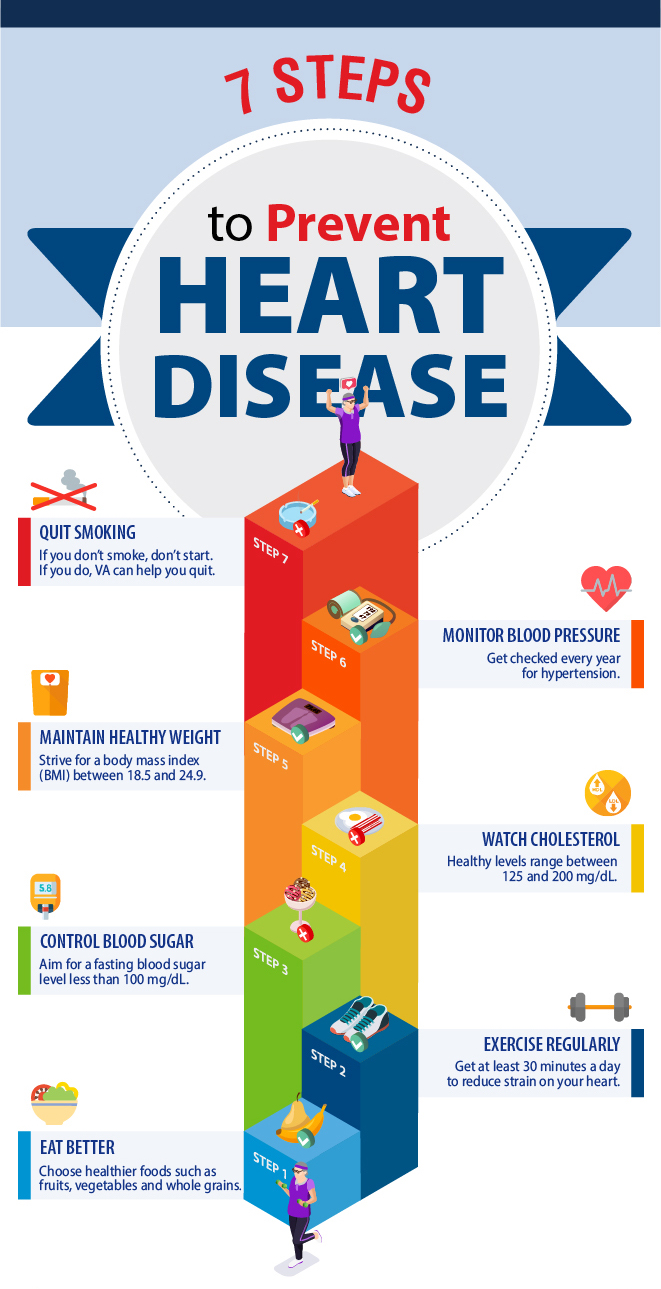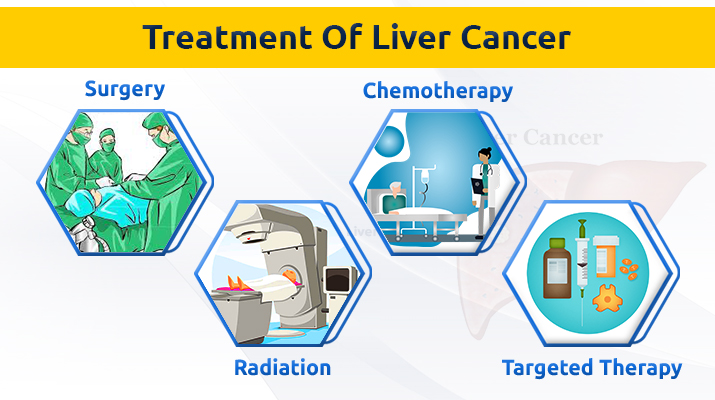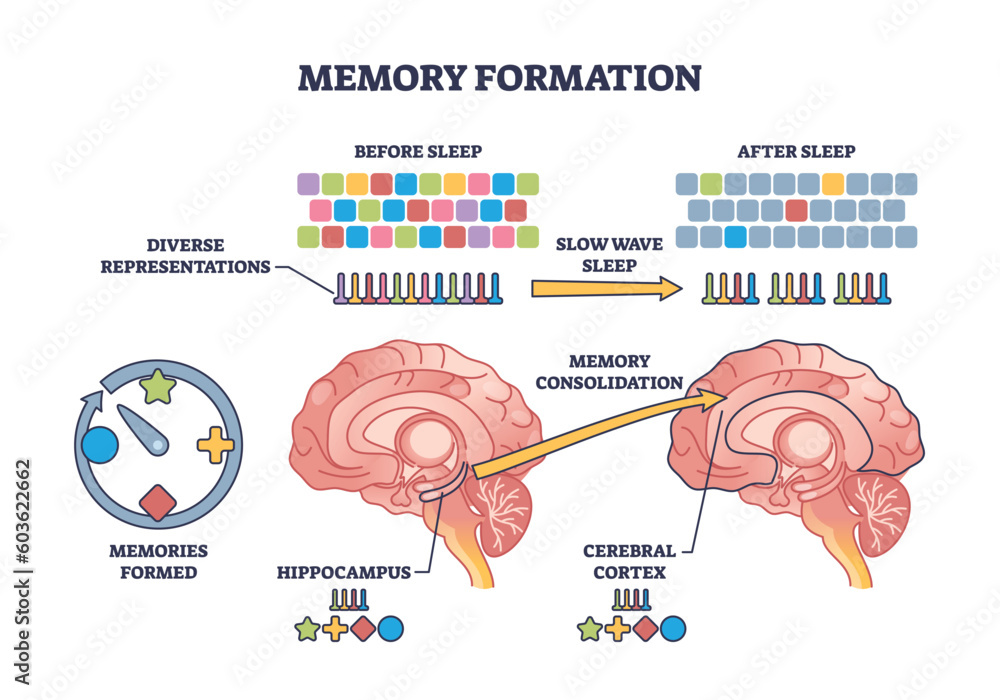Cardiovascular disease prevention stands at the forefront of health discussions today, as it is the leading cause of death in the United States. Despite significant advances in cardiovascular care, many individuals remain unaware or indifferent to the risks associated with heart disease. Heart disease awareness is crucial in educating the public on the importance of lifestyle changes and regular health screenings. Effective cholesterol management and understanding the health screening benefits can substantially lower one’s risk of developing heart-related conditions. Engaging in preventative cardiology not only empowers individuals to make informed health decisions but also enhances the effectiveness of advanced treatment methods in battle against heart disease.
In the realm of public health, safeguarding against heart ailments is imperative, given that cardiovascular illnesses dominate morbidity and mortality statistics. The awareness surrounding heart health echoes the urgency for individuals to recognize their risks and the preventive measures available. Emphasizing proactive steps such as regular health evaluations and cholesterol regulation can significantly mitigate adverse cardiac events. Integrating innovative strategies into preventative cardiology allows patients to take charge of their well-being actively. By fostering a culture of early intervention and education, we can pave the way for more effective management and treatment of cardiac issues.
Understanding Cardiovascular Disease Prevention
Cardiovascular disease prevention is critical, especially given that it is the leading cause of death in the United States. Unfortunately, many individuals often perceive heart disease as a less immediate threat compared to other conditions like cancer. This misconception can lead to a lack of action toward health improvements such as diet and exercise. To truly understand cardiovascular disease prevention, individuals need to prioritize their health holistically from an early age. Regular screenings that monitor blood pressure, cholesterol levels, and lifestyle factors can help catch potential issues before they escalate. As experts suggest, knowing your health numbers is vital in taking proactive steps toward prevention.
Moreover, preventative cardiology emphasizes the importance of engaging with one’s health through consistent screenings and lifestyle management. Those who are aware of the risk factors associated with cardiovascular disease, including high LDL cholesterol and hypertension, are better equipped to make informed decisions about their treatment and lifestyle changes. Practicing engaging conversations with healthcare providers about heart health can bridge the gap between awareness and action, enabling patients to take charge of their health outcomes. Ultimately, the focus should be on understanding that prevention is far more effective than treatment when it comes to cardiovascular disease.
The Role of Cholesterol Management in Heart Health
Cholesterol management plays a crucial role in combating heart disease and maintaining overall cardiovascular health. Elevated levels of LDL cholesterol can lead to plaque buildup in the arteries, significantly increasing the risk of heart attacks and strokes. While many people may overlook the importance of monitoring their cholesterol levels, early intervention through lifestyle modifications—such as healthy eating, increased physical activity, and medication when necessary—can lead to substantial improvements in heart health. Patients are often encouraged to adopt a heart-healthy diet, rich in vegetables, fruits, whole grains, and lean proteins, alongside routine cholesterol screenings.
In recent discussions among cardiovascular experts, there has been a push for increased awareness surrounding cholesterol management. Despite the availability of effective statin therapies, many patients remain skeptical about medications, often due to misconceptions and lack of education regarding their benefits. Overcoming these barriers requires a collaborative approach between healthcare providers and patients. By fostering open dialogues about the significance of maintaining optimal cholesterol levels, patients become more encouraged to adhere to prescribed treatment plans and proactive lifestyle changes, ultimately lowering their risk for cardiovascular disease.
Health Screening Benefits for Cardiovascular Disease
Health screenings are an essential component of effective cardiovascular disease prevention strategies. Regular check-ups allow for early detection of risk factors that could lead to serious cardiovascular complications. For instance, screenings for high blood pressure, cholesterol levels, and diabetes can help identify at-risk individuals before they experience life-threatening conditions. Educating patients about the benefits of these screenings is crucial, as many tend to neglect routine check-ups due to busy lifestyles or a false sense of security about their health.
Furthermore, the integration of technology into healthcare has made it easier than ever to keep track of one’s health metrics. Wearable fitness devices can provide patients with real-time data on their heart rate, physical activity, and even blood pressure, reinforcing the necessity of regular health screenings. These technological advancements not only empower individuals to take charge of their health but also facilitate communication with healthcare providers regarding personal health goals. Emphasizing the importance of health screenings and incorporating advanced monitoring tools can significantly enhance cardiovascular disease prevention efforts.
The Impact of Preventative Cardiology
Preventative cardiology focuses on identifying and managing risk factors before the onset of cardiovascular disease, thereby reducing mortality rates associated with it. This proactive approach involves comprehensive risk assessments, personalized treatment plans, and ongoing patient education to encourage sustainable lifestyle changes. Healthcare providers play a pivotal role in this field by instilling awareness regarding the consequences of neglecting heart health, as well as the benefits of taking preventative measures. By promoting early lifestyle modification, patients can significantly decrease their risk of developing serious cardiac conditions later in life.
Moreover, innovations in preventative cardiology techniques allow for greater personalization of patient care. With advanced tools for risk analysis and patient tracking, physicians can adapt treatment strategies effectively based on individual patient profiles. For instance, implementing lifestyle coaching sessions combined with regular follow-ups ensures that patients stay motivated and accountable for their heart health. In essence, preventative cardiology is changing the landscape of heart disease management, moving from a reactive to a proactive framework aimed at safeguarding long-term cardiovascular health.
Advanced Treatments for Heart Disease
The landscape of heart disease treatment has evolved significantly, with advanced treatments providing patients with better outcomes and quality of life. Minimally invasive procedures, such as robotic-assisted surgeries and endoscopic techniques, are offering alternatives to traditional open-heart surgery, reducing recovery times and minimizing risks. For example, heart valve replacements that require only small incisions allow patients to return to normal activities much sooner than in the past, which significantly improves their overall health experience and quality of life.
In addition to surgical advancements, cutting-edge technologies such as the use of artificial intelligence in cardiology are set to revolutionize patient care. These technologies facilitate real-time data analysis, allowing for personalized treatment plans based on each patient’s unique health dynamics. Furthermore, advanced pharmacological interventions, including newer classes of cholesterol-lowering medications, drastically improve management options for those at risk of heart disease. Overall, the combination of these advanced treatments combined with effective preventative strategies enhances the prospects for those affected by cardiovascular disease.
The Importance of Patient Engagement in Cardiovascular Care
Patient engagement is vital to the success of cardiovascular disease prevention and treatment. Encouraging individuals to actively participate in their health journey leads to better adherence to treatment plans and lifestyle changes. Healthcare providers can use patient navigators to facilitate conversations around heart health, ensuring that patients feel supported and informed throughout their processes. This personal accountability empowers patients to take ownership of their cardiovascular health, ultimately fostering a culture of prevention rather than reaction to disease.
Engaging patients also leads to improved health outcomes, as informed individuals are more likely to recognize the importance of regular screenings and maintaining communication with their healthcare teams. Implementing educational programs that emphasize lifestyle changes, risk factor management, and the significance of follow-up care can drastically alter patient perceptions about heart health. Overall, strengthening patient engagement helps bridge the knowledge gap and builds a foundation for better cardiovascular disease management.
Leveraging Technology in Heart Health Monitoring
As technology continues to advance, its integration into heart health monitoring has become increasingly beneficial. Wearable devices that track heart rate, physical activity, and even blood glucose levels empower patients to monitor their health in real-time, providing critical data that can lead to timely interventions. These tools facilitate proactive conversations between patients and providers, enhancing the overall management of cardiovascular conditions.
Moreover, telehealth services are enhancing access to care for patients, making it easier to consult healthcare providers without the barriers of travel or time constraints. Virtual appointments allow for regular check-ins, medication management, and lifestyle coaching, which are all crucial components of heart disease prevention. By leveraging technology, both patients and healthcare providers can work together towards maintaining optimal cardiovascular health, reducing the likelihood of adverse outcomes.
Raising Awareness about Heart Disease
Despite its status as America’s leading cause of death, heart disease awareness remains critically low among the general population. Many patients view heart disease as a distant concern, overshadowed by the more immediate threats posed by diseases like cancer. Raising awareness through educational campaigns, community resources, and media collaborations is essential to highlight the importance of cardiovascular health. These initiatives can encourage individuals to take their heart health seriously and foster prompt action toward prevention.
To effectively raise awareness, it’s important to demystify heart disease and clarify its myriad risk factors. By using relatable narratives and personal stories from those affected by heart disease, healthcare advocates can connect with the public emotionally, emphasizing that heart health should not be taken for granted. Additionally, informational platforms that provide insights on heart disease symptoms, prevention strategies, and lifestyle modifications can further enlighten individuals about the significance of understanding their cardiovascular health.
Breaking Down Misconceptions about Heart Disease
Many misconceptions surround heart disease, leading individuals to underestimate their risk factors and the importance of preventive measures. One prevalent myth is that heart disease only affects older adults; however, it can develop at any age without prior warning. Addressing these myths through targeted education can help shift public perceptions and encourage healthier lifestyle choices among individuals at all life stages. Understanding that factors such as diet, physical activity, and genetic predisposition significantly influence heart health is critical.
Additionally, some individuals hold misconceptions about the effectiveness of cholesterol-lowering medications, believing they may be more harmful than beneficial. This skepticism can discourage patients from pursuing essential treatments outlined by their healthcare providers. Clear communication from medical professionals regarding the safety and efficacy of these treatments can alleviate concerns and promote adherence to prescribed therapies. By breaking down these misconceptions, healthcare providers can clear the path toward better heart health for their patients.
Frequently Asked Questions
What are the key strategies for cardiovascular disease prevention?
Cardiovascular disease prevention involves several key strategies, including regular health screenings to monitor cholesterol levels and blood pressure, maintaining a healthy diet low in saturated fats, and engaging in regular physical activity. Awareness of heart disease and its risk factors is crucial, as early detection can prevent the progression of heart conditions.
How does cholesterol management contribute to cardiovascular disease prevention?
Cholesterol management is vital for cardiovascular disease prevention because high levels of LDL (bad cholesterol) can lead to plaque buildup in arteries, increasing the risk of heart attacks and strokes. Regular screening helps individuals understand their cholesterol levels, allowing for timely interventions such as dietary changes or medications to maintain optimal levels.
What are the benefits of health screenings for cardiovascular disease?
Health screenings are essential for cardiovascular disease prevention as they help detect risk factors like high blood pressure and high cholesterol early on. These screenings enable healthcare providers to recommend lifestyle changes or treatments that can significantly reduce the risk of developing serious heart conditions.
What role does preventative cardiology play in reducing heart disease risk?
Preventative cardiology focuses on identifying and managing risk factors for heart disease before they lead to serious health issues. This field emphasizes the importance of lifestyle modifications, regular health screenings, and early intervention strategies to prevent the onset of cardiovascular disease.
How can advanced treatments for heart disease enhance cardiovascular disease prevention?
Advanced treatments for heart disease, such as minimally invasive surgical techniques and innovative therapies, can enhance cardiovascular disease prevention by allowing for earlier and more effective intervention. These advancements improve patient outcomes and recovery times, encouraging individuals to seek help sooner and adhere to preventative measures.
Why is heart disease awareness crucial for prevention efforts?
Heart disease awareness is crucial for prevention efforts because many individuals underestimate the seriousness of their risk factors. By increasing awareness through education campaigns and healthcare discussions, people are more likely to take proactive steps towards cardiovascular disease prevention, such as lifestyle changes and regular health screenings.
What lifestyle changes can significantly reduce the risk of cardiovascular disease?
Significant lifestyle changes that can reduce the risk of cardiovascular disease include adopting a balanced diet rich in fruits, vegetables, and whole grains, maintaining a healthy weight, and incorporating regular exercise into daily routines. Additionally, quitting smoking and managing stress effectively are essential components of a heart-healthy lifestyle.
How can patients ensure they are effectively managing their cardiovascular health?
To effectively manage cardiovascular health, patients should stay informed about their health metrics, such as cholesterol levels and blood pressure, attend regular health screenings, follow their healthcare provider’s recommendations, and engage in preventative cardiology practices. Utilizing technology like wearable fitness devices can also help track progress and motivate healthier choices.
What advances in treatment have improved outcomes for heart disease patients?
Recent advances in treatment, including the use of artificial intelligence for risk assessment, minimally invasive surgical techniques, and novel medications, have greatly improved outcomes for heart disease patients. These innovations allow for more personalized care and quicker recovery times, ultimately enhancing cardiovascular disease prevention efforts.
How does community support impact cardiovascular disease prevention efforts?
Community support plays a significant role in cardiovascular disease prevention by providing resources, encouraging healthy behaviors, and promoting awareness. Programs that facilitate health screenings and provide navigators to help patients manage their health can lead to improved treatment adherence and better overall outcomes in heart disease prevention.
| Key Point | Details |
|---|---|
| Cardiovascular Disease Awareness | Many patients underestimate the severity of cardiovascular disease, considering it less urgent than cancer despite it being the leading cause of death. |
| Prevention Attitudes | Patients often delay making lifestyle changes or following through on preventive measures. |
| Statistics on Mortality | Cardiovascular disease kills more Americans annually than all cancers combined. |
| Patient Education | Experts advocate for early awareness of health metrics such as cholesterol levels and blood pressure. |
| Advancements in Treatment | Innovations like minimally invasive surgeries and AI in healthcare are improving patient outcomes. |
| Use of Technology | Wearable devices and recent weight-loss medications can enhance health management. |
| Navigators in Patient Care | Proactive follow-ups and support can significantly improve treatment adherence. |
Summary
Cardiovascular Disease Prevention is crucial in saving lives, as cardiovascular disease stands as the leading cause of death in the nation. Despite the alarming statistics, many patients remain casual about necessary lifestyle changes and preventive measures. Education on the seriousness of heart disease, combined with advances in treatment and technology, can empower individuals to take proactive steps towards their health. Understanding risk factors and utilizing new medical innovations can significantly enhance patient outcomes and overall health.




